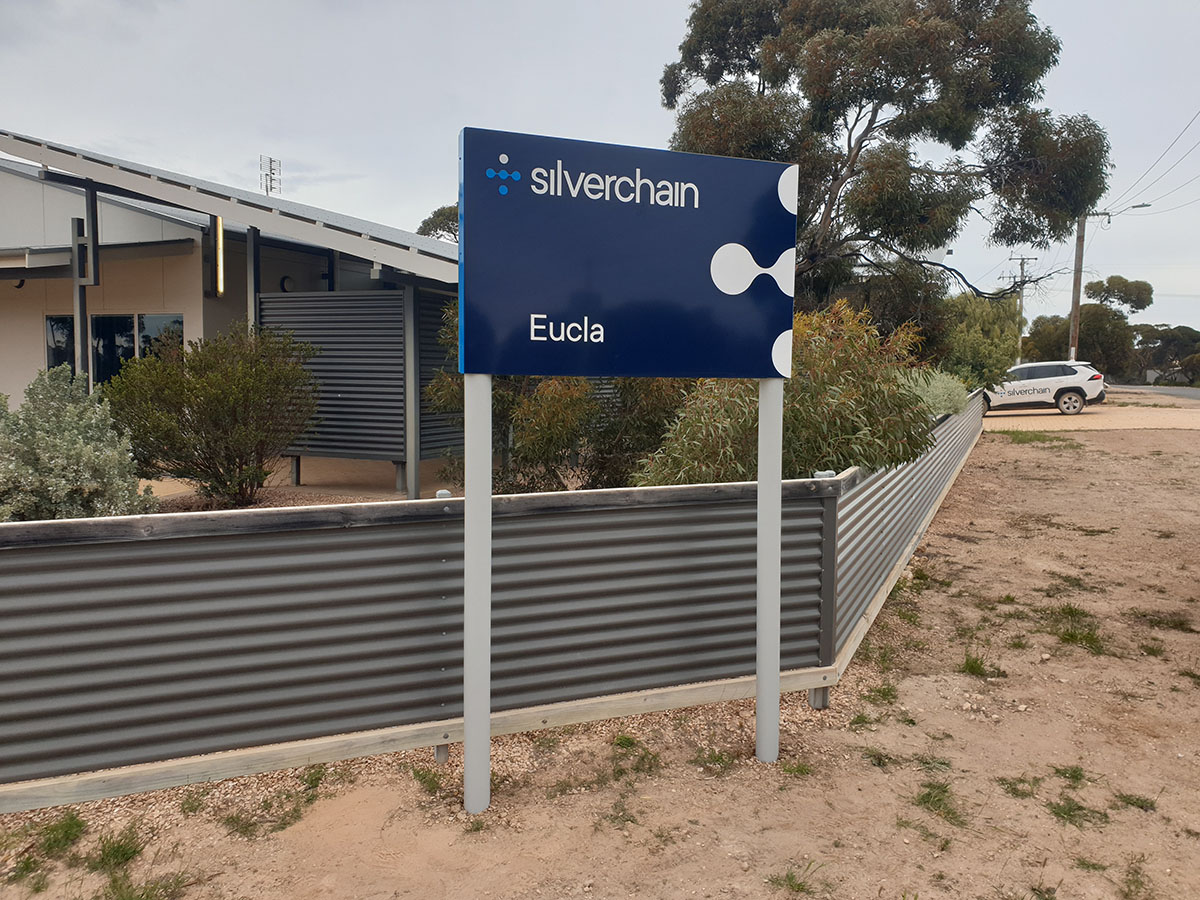Silverchain rolls out community defibrillators
Australia’s leading complete in-home care specialist Silverchain has rolled out dozens of defibrillators across the country as part of its national effort to enhance health care and treatment in our communities.
As many as 30,000 Australians experience cardiac arrests outside of hospital every year, with only a 10 per cent survival rate. Eighty per cent of those receive bystander CPR, while only five per cent receive lifesaving defibrillation prior to an ambulance arriving.
On Restart a Heart Day (16 October 2022), Silverchain’s Executive Medical Director Dr Helena Williams said the statistics around defibrillator use highlighted how beneficial they are.
“According to St John Ambulance Victoria, a staggering 70 per cent or more of sudden cardiac arrest patients can be saved by administering effective CPR and defibrillation within the first few minutes of an event. For every minute that passes, the chance of surviving reduces by 10 per cent,” Dr Williams said.

Also known as Automated External Defibrillator (AED), defibrillators are designed to restore a normal heartbeat by sending an electric pulse to the heart of people experiencing cardiac arrest.
As part of Silverchain’s commitment to the communities it serves, the defibrillator rollout was coordinated in partnership with, and financially supported in part by, St John Ambulance WA.
There are now 26 additional defibrillators at metropolitan, rural and remote Silverchain sites in Western Australia, with a total of 65 across the state. There are also defibrillators at Silverchain Group sites in South Australia and Victoria.
Silverchain Primary Remote Area Nurse, Kristy Wilholt, provides medical assistance to Western Australians in the Nullarbor town of Eucla, where there is no local GP, and the nearest hospital is 500 kilometres away.
“A defibrillator can mean the difference between life and death for those in rural or remote areas,” Kristy said.
“I am on call 24/7, but after hours having the defibrillator gives me peace of mind if someone arrives at the clinic and I am not there. They are easy to use – you press a button, and it tells you what to do. They are lifesavers – literally.”
Australian Resuscitation Council Statement: A Guide to Automated External Defibrillators 2017.
Related articles


